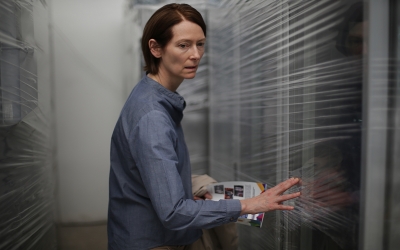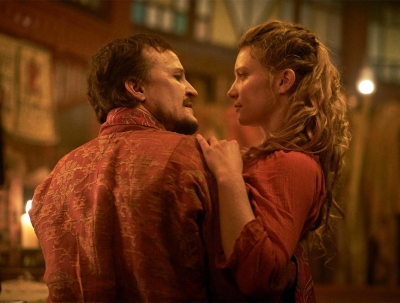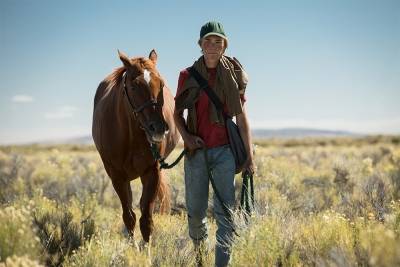Anwen Crawford

Anwen Crawford is the author of No Document (Giramondo, 2021), shortlisted for the 2022 Stella Prize, and Live Through This (Bloomsbury, 2015). Her work has appeared in publications including The Monthly, The New Yorker, The White Review and Sydney Review of Books, and in 2021 she won the Pascall Prize for Arts Criticism. She is a long-time zine maker and collaborative visual artist. She lives in Sydney.
In the late nineteenth and early twentieth centuries, a number of cycling groups in Europe were founded on socialist principles. I had some notion, before reading Jeff Sparrow’s Provocations, of the link between cycling and that era’s feminist politics – the independent, bloomer-clad woman on her bicycle, which Sparrow also sketches – but not of Italy’s Ciclisti Rossi (Red Cyclists) or E ... (read more)
In his concession speech on election night, after a perfunctory Acknowledgment of Country and a fulsome acknowledgment of Australia’s defence personnel, past and present; after hymning our ‘functioning’ democracy with reference to Ukraine, and intimating that without him we imperil ourselves; after mentioning the ‘great upheaval’ of recent years but failing to use the words pandemi ... (read more)
Caryl Churchill’s Light Shining in Buckinghamshire, first performed in 1976, is a dense and difficult play set during the English Civil War. The period may be distant in time but Churchill, working in a broadly Marxist tradition, sees it as an era when fundamental questions of governance were tested by a mass of ordinary people. From whom does the state derive authority, and is a person bound to ... (read more)
In the middle of Bogotá’s Parque de la Independencia is a statue of Nicolaus Copernicus. Designed by the Polish sculptor Tadeusz Lodziana, it was gifted by the People’s Republic of Poland to the city of Bogotá in 1974, after the resumption of diplomatic relations between the two countries, which had been suspended from 1952 to 1964. This period overlapped with La Violencia in Colombia, a blo ... (read more)
The fictional town of Seaside is ‘nowhere near the sea’, state the opening credits of Judy and Punch. Fine, but where or even when this film is set remains a puzzle throughout. The two titular characters, puppeteers Judy (Mia Wasikowska) and Punch (Damon Herriman), speak with an Irish lilt. The rest of the townsfolk – who come bedecked in grimy pirate shirts and motley, corseted gowns – po ... (read more)
Belgian theatre director Ivo Van Hove has an appetite for bringing cinema to the stage. As artistic director of the Toneelgroep Amsterdam since 2001, he has directed stage adaptations of three Ingmar Bergman films, made work inspired by Pier Paolo Pasolini and Michelangelo Antonioni, and staged a version of John Cassavetes’ 1977 drama, Opening Night. In 2017, for the National Theatre, London, he ... (read more)
‘I’m starting to see why Canada is so appealing,’ says Deb (Lily James) to her older sister Ollie (Tessa Thompson) as the two of them sit on the kitchen floor of their mother’s house trying to figure out their lives. Their mother has died after an unspecified, difficult illness; Ollie was her live-in carer and still sleeps on the sofa, out of habit and grief. But now the bank is about to f ... (read more)
Though it begins with an elaborate disclaimer regarding its status as a work of fiction, Paolo Sorrentino’s Loro (aka Them) is manifestly a portrait of Silvio Berlusconi, former prime minister of Italy, media tycoon, populist, authoritarian, and playboy. Befitting its subject, the film is showy and often crude, filled with extended party scenes evoking the debauchery that surrounded Berlusconi. ... (read more)
Charley (Charlie Plummer), the vulnerable teenage protagonist of Lean On Pete, is always on the move. We first see him jogging at dawn, past suburban streets and out towards to the local racecourse. The morning light is benevolent; the camera keeps a smooth distance: all is promise and potential in Charley’s life, or should be. But his home is threadbare and his relations are meagre. In lieu of ... (read more)










